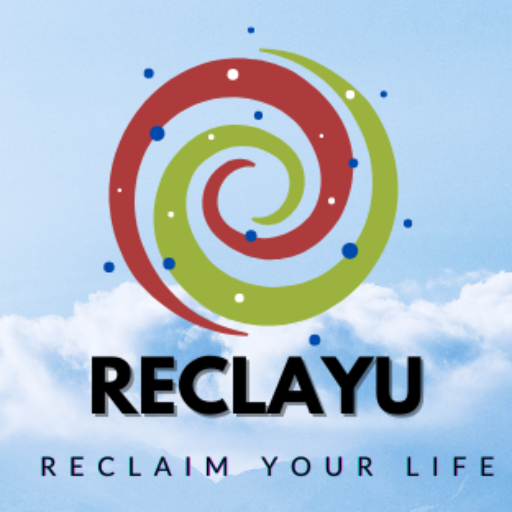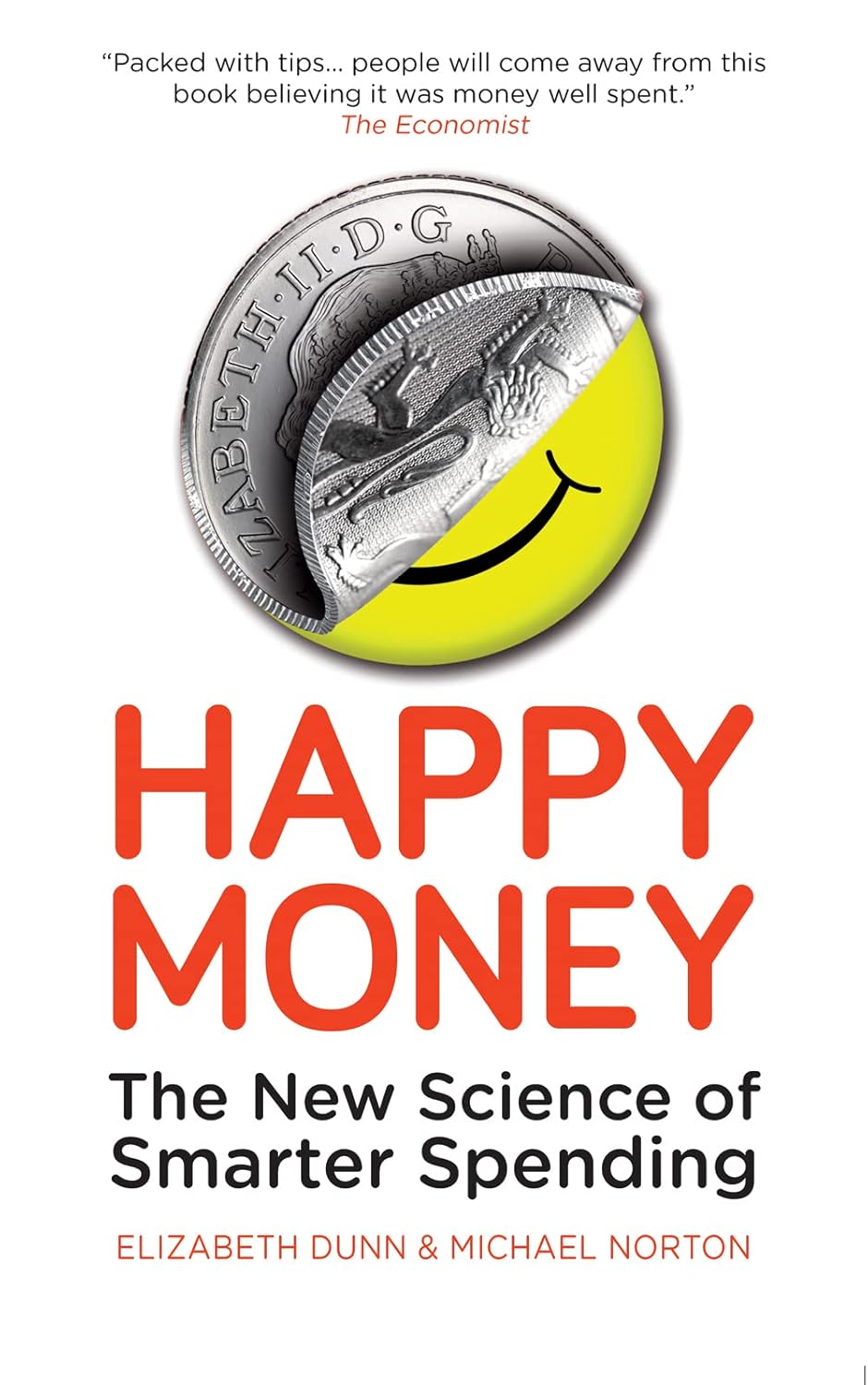Book Review: Happy Money: The Science of Happier Spending by Elizabeth Dunn and Michael Norton
Book Review: Happy Money: The Science of Happier Spending by Elizabeth Dunn and Michael Norton
Introduction
In Happy Money, authors Elizabeth Dunn and Michael Norton delve into the intricate relationship between money and happiness. They argue that how we spend our money significantly influences our well-being, rather than merely the amount we possess. This review will explore the central themes of the book, its key insights, and practical applications for readers seeking greater happiness through their spending habits.
Summary of Themes
The book is structured around several core principles that guide readers toward “happiness-efficient” spending. These principles are based on extensive research and provide actionable advice that challenges conventional wisdom about money and happiness.
- Experiences Over Things: One of the primary assertions in the book is that spending money on experiences—such as concerts, vacations, or dining out—yields greater happiness than purchasing material goods. The authors cite studies showing that experiences foster social connections and create lasting memories, which contribute to a more fulfilling life.
- Time Affluence: Dunn and Norton highlight the concept of "time affluence," which refers to the feeling of having enough time to enjoy life. They suggest that spending money to free up time—like hiring help for chores or commuting less—can lead to increased happiness. This stands in contrast to the common belief that working hard for financial gain is the path to happiness.
- Sharing and Giving: The authors emphasize the joy derived from sharing wealth with others. They present evidence suggesting that charitable donations and acts of kindness significantly enhance personal satisfaction. The act of giving not only benefits recipients but also enriches the giver's life experience.
- Mindful Spending: Dunn and Norton advocate for mindfulness in spending. They encourage readers to consider how their purchases align with their values and happiness goals. This approach helps individuals make more intentional choices that can contribute to long-term satisfaction.
Key Insights
Throughout the book, Dunn and Norton back their claims with engaging anecdotes and rigorous scientific research. Here are some key insights:
- The Diminishing Returns of Income: The authors explain that beyond a certain income threshold (approximately $75,000), additional wealth does not correlate with increased happiness. This insight encourages readers to reassess what financial success truly means.
- The Psychology of Purchase Timing: Research discussed in the book reveals that planning purchases in advance—such as booking a vacation early—can amplify excitement and anticipation, enhancing overall happiness.
- The Power of Community: Spending money to connect with family and friends is portrayed as one of the most impactful ways to invest in happiness. Activities that bring people together—like group outings or shared experiences—are highlighted as particularly valuable.
Practical Applications
Happy Money offers practical strategies for readers looking to improve their spending habits:
- Prioritize Experiences: Readers are encouraged to create a list of experiences they wish to pursue, rather than focusing solely on material acquisitions. This could include travel, learning new skills, or spending quality time with loved ones.
- Evaluate Spending Habits: The authors suggest regularly reflecting on recent purchases to assess whether they brought joy or contributed to well-being. This practice can help identify spending patterns that may be counterproductive.
- Engage in Acts of Kindness: Incorporating regular acts of giving—whether through donations or volunteer work—can enhance personal happiness and foster a sense of community.
Conclusion
Happy Money is an enlightening read that challenges traditional views on wealth and happiness. Elizabeth Dunn and Michael Norton effectively combine humor, scientific research, and practical advice to guide readers toward more fulfilling spending choices. Their insights encourage a shift from materialism to a focus on experiences, relationships, and generosity.
By applying the principles outlined in this book, readers can cultivate a lifestyle that prioritizes happiness over mere financial accumulation. As such, Happy Money serves not just as a guide to better spending but as an invitation to rethink what it truly means to live a happy life.
You can buy the book Here.



